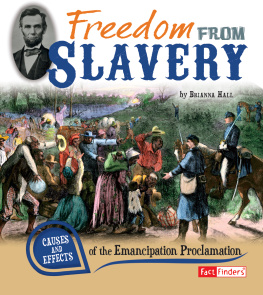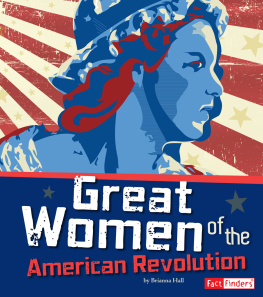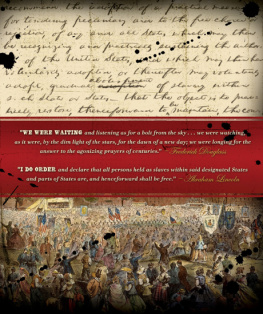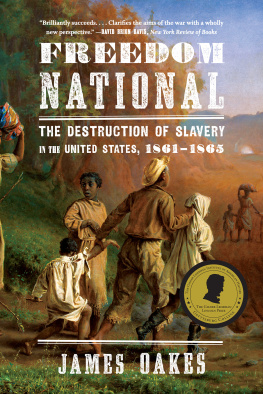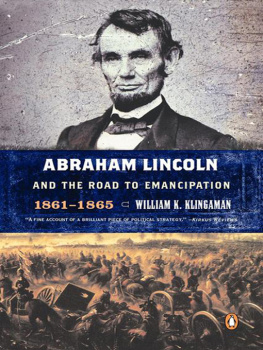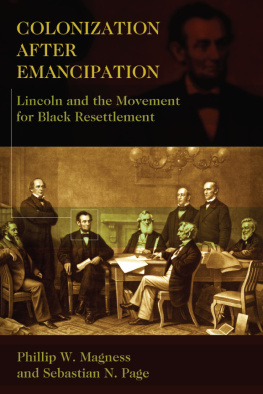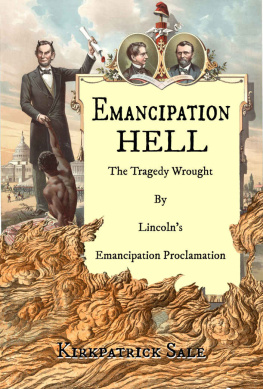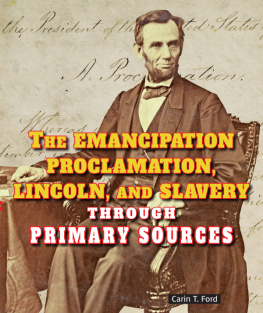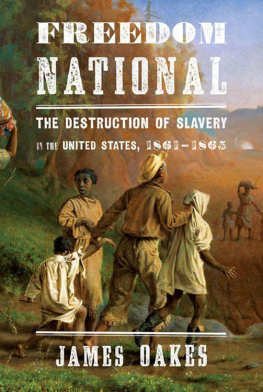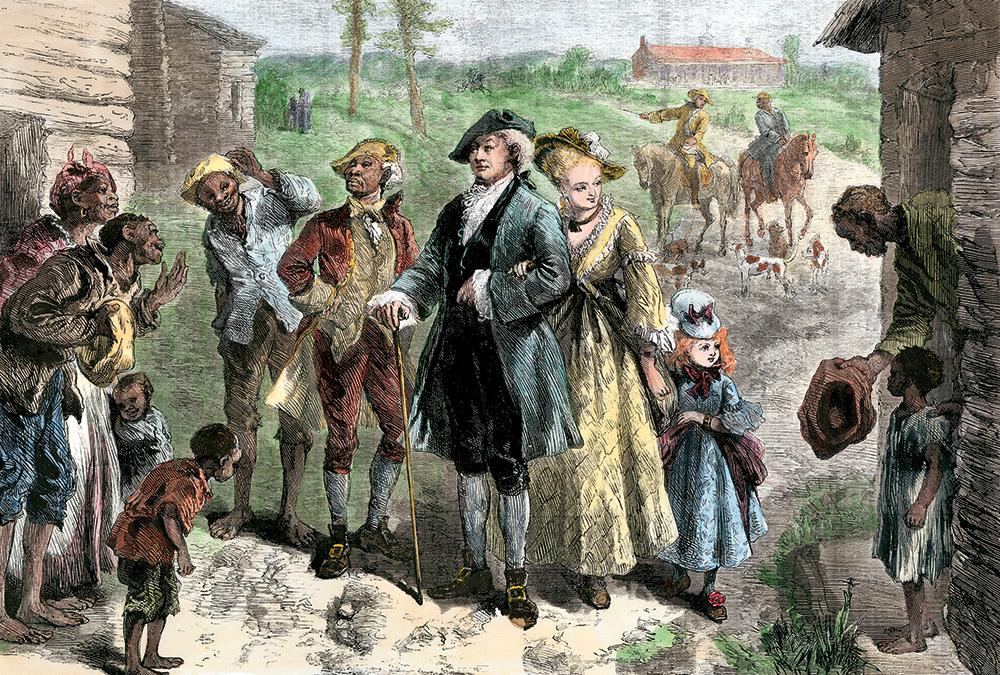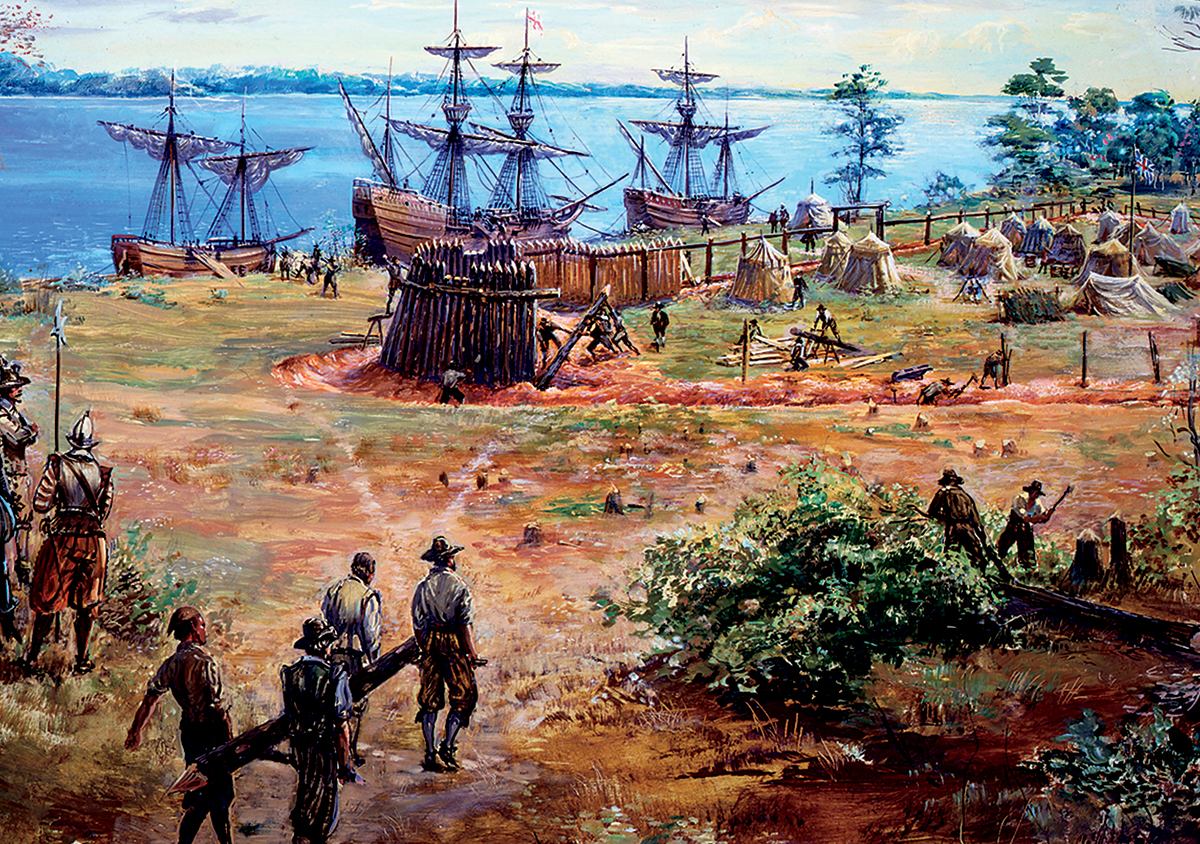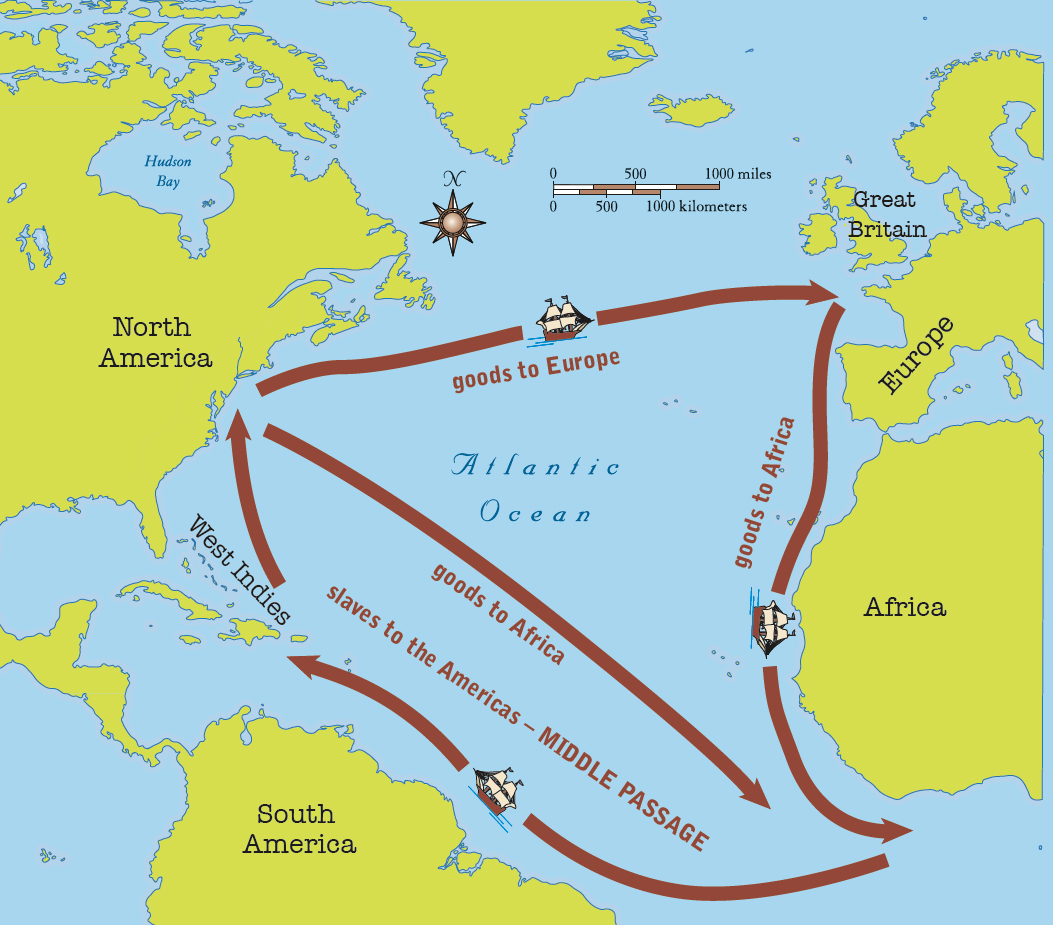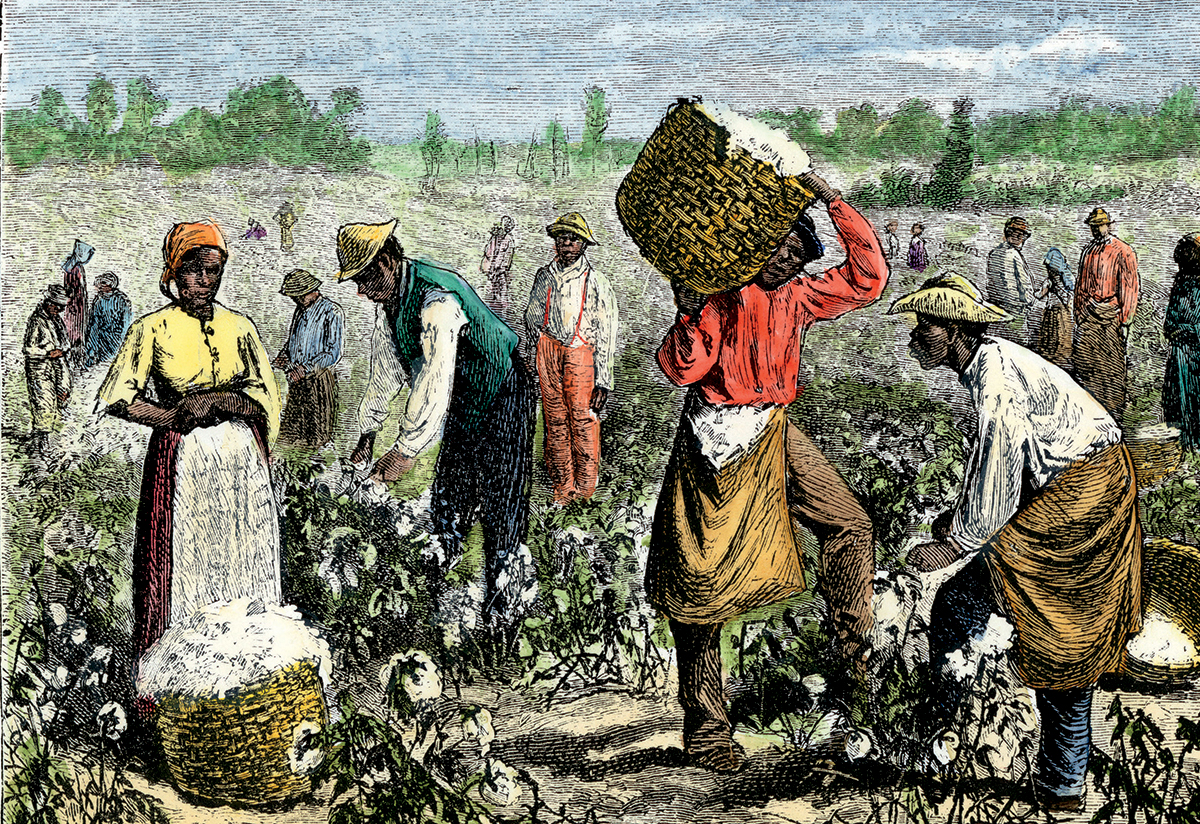(uh-BOL-ish) to put an end to something officially (ab-uh-LI-shuhn-ist) a person who worked to end slavery (uh-MEND-muhnt) a change made to a law or a legal document (KAH-luh-nist) a person who settles in a new territory that is governed by his or her home country, the settled area is called a colony (kuhn-FE-druh-see) the Southern states that fought against the Northern states in the Civil War; also called the Confederate States of America (dis-kri-muh-NAY-shuhn) treating people unfairly because of their race, country of birth, or gender (in-DUHSS-tree-uhl rev-uh-LOO-shuhn) a period from 1790 to 1860 when work began to be done by machines, rather than by hand (JIM KROH LAWZ) laws saying that that African-Americans and European Americans should live separately but equally (plan-TAY-shuhn) a large farm found in warm areas; before the Civil War, plantations in the South used slave labor (RA-ti-fye) to officially approve something (si-SEED) to formally withdraw from a group or an organization, often to form another organization (SEG-ruh-gate) to keep people of different races apart in schools and other public places (SHAIR-krop-ing) farming a piece of land and paying the owner of the land with money from the crops raised (YOON-yuhn) the United States of America; also the Northern states that fought against the Southern states in the Civil War
Slavery was common in early America. Owning a black person in 1750 seemed no different than owning a horse. Farmers owned slaves who worked in their fields. Merchants owned slaves who worked in their homes. Even Americas early leaders who fought for independence owned slaves.
Rich owners wanted slaves to help them make money quickly. Lawmakers in southern states passed laws to keep slavery legal. Their states benefited from using slaves.
Slaves greet their owners outside their cabins in Virginia in the 1700s.
FAST FACT:
In 1688 Quakers staged the first protest against slavery in America.
worked hard to end slavery. The first abolitionists were religious groups called Quakers and Puritans. They believed in freedom for all. Freed slaves often became abolitionists too. They experienced firsthand the pain of being a slave. Some lawmakers joined the abolitionists. To abolitionists, the U.S. Constitution granted freedom to all.
Conflicts escalated between lawmakers, abolitionists, and Southern slave holders. As a result, the United States entered a civil war. The introduction of the Emancipation Proclamation in 1863 led to a new era of freedom.
WHAT CAUSED THE EMANCIPATION PROCLAMATION?
President Abraham Lincoln announced the Emancipation Proclamation on September 22, 1862. The Proclamation stated that about 3.5 million slaves in Confederate states would be free beginning January 1, 1863.
Cause #1Europeans Settle in America
Europeans arrived in North America in the 1600s. Some of the settlers brought African slaves with them. These saw the chance to make money in the vast farmlands. They built big plantations using slave labor.
Early colonists build a fort at Jamestown, Virginia, in 1607.
At the time, Great Britain owned the American colonies. Colonists followed British laws and paid British taxes. Eventually colonists no longer wanted to live under Great Britains rule. They fought to become a new nation. In 1776 patriots signed the Declaration of Independence, and the United States of America was formed. Slavery remained a part of American life.
Cause #2The Slave Trade
The slave trade was a successful business in the United States. Merchants began in New England with ships full of American goods such as timber and cotton. Next they sailed across the Atlantic Ocean to trade these goods with African leaders. In return for the timber and cotton, merchants were given shackled slaves. This practice became known as the triangle trade.
The most dangerous part of the journey followed. Called the Middle Passage, this area stretched between Africa and the West Indies. Up to half of all slaves died from disease or starvation while crossing the Middle Passage.
Triangle Trade Routes
When slaves reached the West Indies, settlers traded them for molasses and sugar. They came to North America in the final part of the trip. There North Americans bought the African men, women, and children at slave auctions.
FAST FACT:
The exact number of African people shipped across the Middle Passage is unknown. Researchers estimate that 10 million to 12 million Africans were transported between the 1600s and the 1800s.
Cause #3Northern States Ban Slavery
The invention of machines that spun cotton into yarn sparked the American (17901860). Factories sprang up in northern states. For the first time, companies used power made by animals, steam, and water to create goods. There was less of a need for slaves in the northern states.
Northern states decided to ban slavery. Vermont slavery first in 1777. Massachusetts followed in 1783. Eventually, every northern state passed anti-slavery laws.
However, the demand for slaves remained high in southern states. Slaves were even more important after the invention of the cotton gin. This machine removed seeds from cotton 50 times faster than by hand. The machines speed meant plantation owners could grow more cotton. Harvesting still needed to be done by hand, so growers kept slaves working in the fields.

